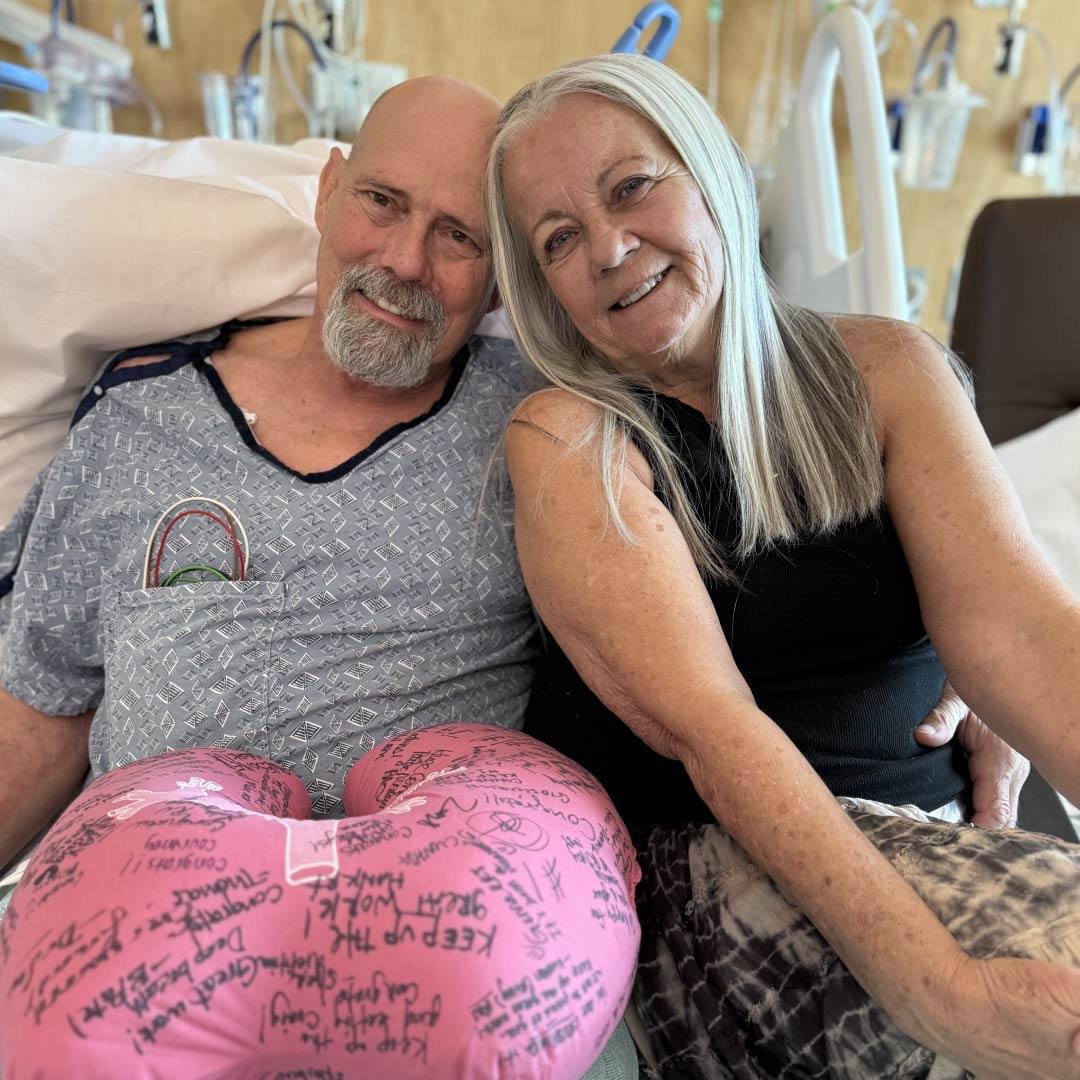-

Are your pets disturbing your sleep? You’re not alone, Mayo Clinic study finds
PHOENIX — Rest assured, there may be a good reason you’re dog-tired.
While countless pet owners peacefully sleep with a warm pet nearby, a new Mayo Clinic study, presented this week at the 29th Annual Meeting of the Associated Professional Sleep Societies, finds an increase in the number of people experiencing sleep disturbances because of their pets.
A previous Mayo Clinic study published in 2002 reported that of patients who visited the clinic’s sleep center and owned pets, only one percent reported any inconvenience from their pets at night. The new study shows a larger number of patients — 10 percent in 2013 — reported annoyance that their pets sometimes disturbed their sleep.
“The study determined that while the majority of patients did not view their pets intolerably disturbing their sleep, a higher percentage of patients experienced irritation — this may be related to the larger number of households with multiple pets,” says Lois Krahn, M.D., Mayo Clinic psychiatrist and author of the study. “When people have these kinds of sleep problems, sleep specialists should ask about companion animals and help patients think about ways to optimize their sleep.”
Between August and December 2013, 110 consecutive patients at the Mayo Clinic Center for Sleep Medicine in Arizona provided information about pets at night as part of a comprehensive sleep questionnaire. Questions covered the type and number of pets, where the animals slept, any notable behaviors and whether the patient was disturbed. The survey showed that 46 percent of the patients had pets and 42 percent of those had more than one pet. The most popular pets were dogs, cats and birds.
The disturbances by pets that patients reported included snoring, whimpering, wandering, the need to “go outside” and medical needs.
“One patient owned a parrot who consistently squawked at 6 a.m.,” Dr. Krahn says. “He must have thought he was a rooster.”
###
About Mayo Clinic
Recognizing 150 years of serving humanity in 2014, Mayo Clinic is a nonprofit worldwide leader in medical care, research and education for people from all walks of life. For more information, visit 150years.mayoclinic.org, www.mayoclinic.org and newsnetwork.mayoclinic.org.
MEDIA CONTACT: Jim McVeigh, Mayo Clinic Public Affairs, 480-301-4222, mcveigh.jim@mayo.edu.





![3135241_0002[1]](https://newsnetwork.mayoclinic.org/n7-mcnn/7bcc9724adf7b803/uploads/2014/06/3135241_00021-225x300.jpg)


